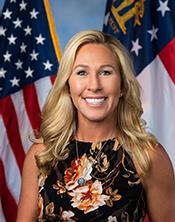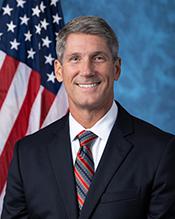H.R. 2657: Sammy’s Law
This bill, known as Sammy's Law, aims to enhance safety for children using large social media platforms by enabling parents or guardians to delegate permission to third-party safety software providers. Here is a summary of its key provisions:
Purpose and Background
The law recognizes that parents and guardians should have the tools to protect children from various online dangers, including cyberbullying, human trafficking, and sexual harassment. It emphasizes the need for third-party safety software to help manage children's online interactions and account settings on these platforms.
Definitions
- Child: An individual under 17 years of age registered on a large social media platform.
- Large Social Media Platform: A service that allows users (including children) to share content and has over 100 million monthly active users or generates more than $1 billion in revenue annually.
- Third-Party Safety Software Provider: A company authorized to interact with large social media platforms to manage children's online activities to protect them from harm.
Requirements for Social Media Platforms
Large social media platforms must:
- Create and maintain real-time application programming interfaces (APIs) to allow third-party safety software providers access to manage children's accounts.
- Transfer user data securely to third-party providers at least once per hour.
- Notify children and guardians when a delegation of authority is made.
Third-Party Safety Software Providers
To access the APIs, third-party providers must register with the Federal Trade Commission (FTC) and meet certain conditions, including:
- Being based in the U.S. and not controlled by foreign entities.
- Using collected user data solely to protect children.
- Complying with security requirements and maintaining data exclusively within the U.S.
User Data and Privacy
Providers can only disclose data to authorized entities or under legal obligations. Additionally, they are required to inform children and guardians about any risks identified.
Enforcement and Compliance
- The FTC is responsible for enforcing the law and can take action against non-compliant providers, including denying or revoking registrations.
- The FTC will also provide guidance to both platforms and safety software providers on safety standards and compliance.
Preemption of State Laws
This law establishes a national standard, preventing states from creating conflicting requirements regarding the APIs and safety software related to managing children's social media accounts.
Implementation Timeline
The law will take effect once the FTC issues necessary guidance for compliance.
Relevant Companies
- GOOG - Alphabet Inc.: As the parent company of YouTube, this platform would need to adapt its APIs to comply with the new requirements.
- FB - Meta Platforms, Inc.: Operator of Facebook and Instagram, Meta would be required to make their platform APIs accessible to safety software providers.
- SNAP - Snap Inc.: The creator of Snapchat would also be affected by the need to implement these safety measures and provide relevant access to data.
This is an AI-generated summary of the bill text. There may be mistakes.
Sponsors
6 bill sponsors
Actions
2 actions
| Date | Action |
|---|---|
| Apr. 03, 2025 | Introduced in House |
| Apr. 03, 2025 | Referred to the House Committee on Energy and Commerce. |
Corporate Lobbying
0 companies lobbying
None found.
* Note that there can be significant delays in lobbying disclosures, and our data may be incomplete.




























